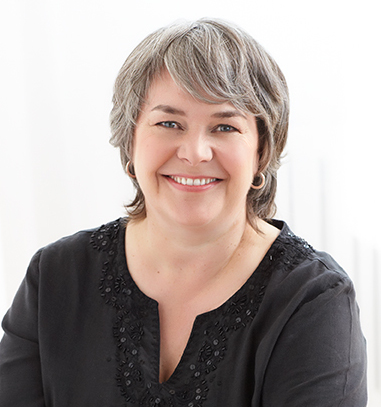- Home
- About Us
- The Team / Contact Us
- Books and Resources
- Privacy Policy
- Nonprofit Employer of Choice Award

 In part 1 of this series, Cathy talked about the pervasive misconception about fundraising professionals and their 18-month job tenures. Despite a 4.4 year average for senior fundraising professionals in management roles and 2.6 for non-management positions, however, it is not long enough to plant roots and develop the kinds of relationships needed to create strong relationships with donors and then steward those relationships to facilitate meaningful support to an organization.
In part 1 of this series, Cathy talked about the pervasive misconception about fundraising professionals and their 18-month job tenures. Despite a 4.4 year average for senior fundraising professionals in management roles and 2.6 for non-management positions, however, it is not long enough to plant roots and develop the kinds of relationships needed to create strong relationships with donors and then steward those relationships to facilitate meaningful support to an organization.
So, what can organizations do to keep fundraisers in organizations? Read on. And in part 3, Cathy looks at the responsibilities we as fundraisers have to prevent job hopping.
So, what does it take to keep fundraisers in organizations? How is this for a start? Many of us want to work for organizations:
Get real, you’re saying to yourself. Only a superhuman CEO can deliver that kind of organization. Well, how’s this for going out on a limb: I believe a fundraiser can only be as good as the CEO running the organization.
To quote Simone Joyaux, “Probably more than 75% of “fundraising problems” are not fundraising problems at all. They are organizational development issues – that affect fundraising!” (I wish I had said that.) If 75% of fundraising problems are organizational development problems, you need a good CEO to address them.
So, rather than point the blame solely at fundraisers, the charitable sector needs to see the perceived transience of fund development professionals as a symptom, not as a stand-alone problem. Studies have been done for years indicating there is a leadership deficit in the charitable sector. With the exodus of the baby boomer generation from the work force in the coming decade, the voluntary sector will be left with many younger and less experienced managers leading our organizations.
If that is the case, it may be an opportunity to raise awareness of this issue so existing leaders and all of the emerging leaders who will lead the third sector in the future have the wherewithal to address it.
What can senior leaders in the sector be doing to keep their good fund development professionals and enhance the organization’s chances of successful fundraising in the process?
Fundraising is a team sport. If a hockey team loses a game, you can’t solely blame the goaltender if the defense didn’t do what they could have to prevent shots or if the offense didn’t take any shots on the opposing team’s net. Similarly, fundraisers are not solely responsible for the turn-over in our sector.
However, we do have a responsibility. Check out part 3 of the series to learn what we can do as fundraising professionals.
As the President of Cathy Mann & Associates Inc, Cathy helps clients develop the infrastructure and culture of philanthropy required to build sustainable development programs. In her role as Academic Coordinator and an instructor at Ryerson University’s Fundraising Management Certificate program, Cathy breaks down complex matters into achievable actions. During her 5-year tenure as Executive Director, Frontier College Foundation received the 2007 Award for Excellence in Fundraising for Small Shops from the International Association of Fundraising Professionals. Cathy is an active volunteer and frequent speaker. With the Association of Fundraising Professionals, Greater Toronto Chapter, she held many roles: V.P. of Professional Development, mentor and founder of its Inclusion and Equity Committee. Occasionally, she plays her ukulele in public.